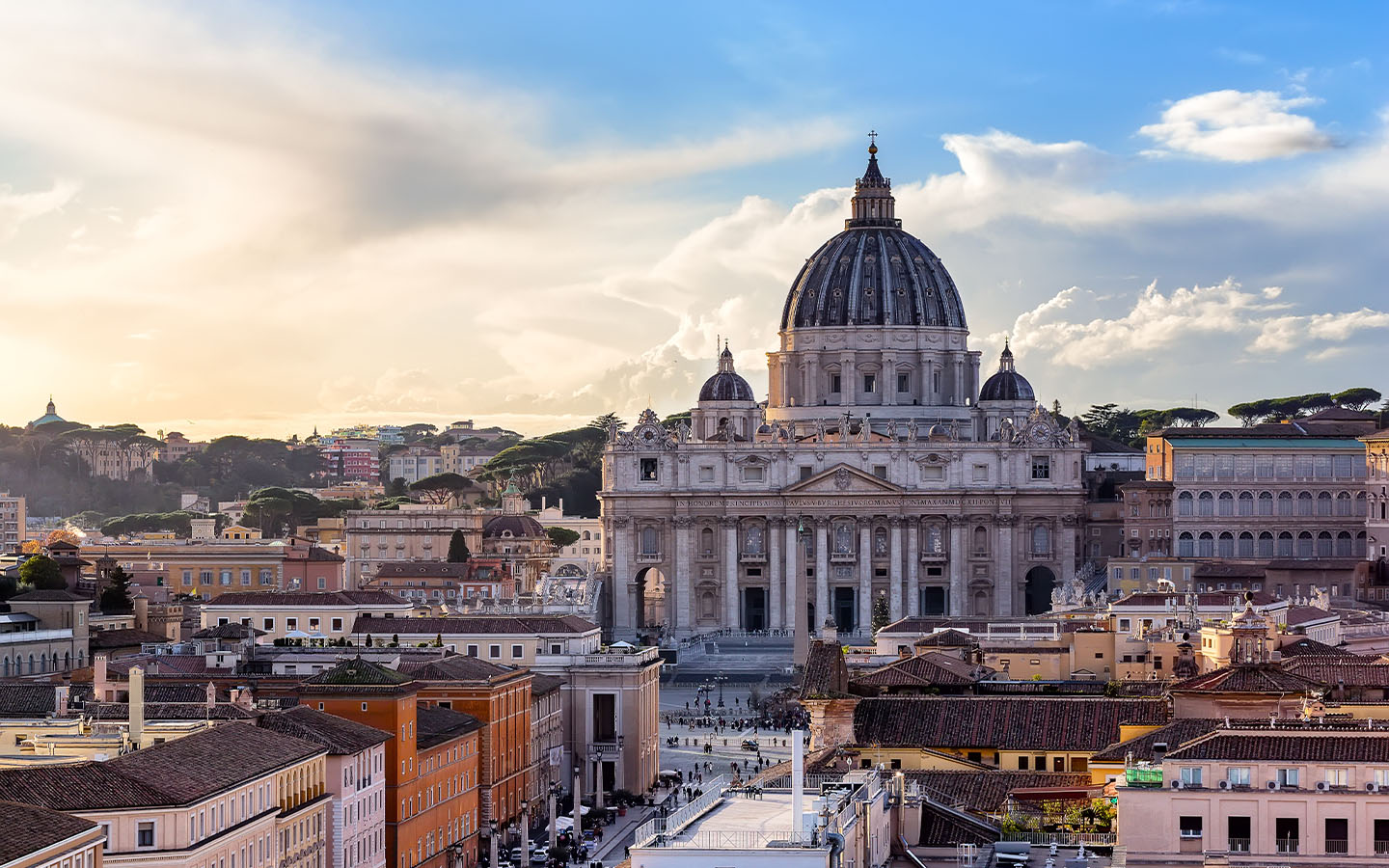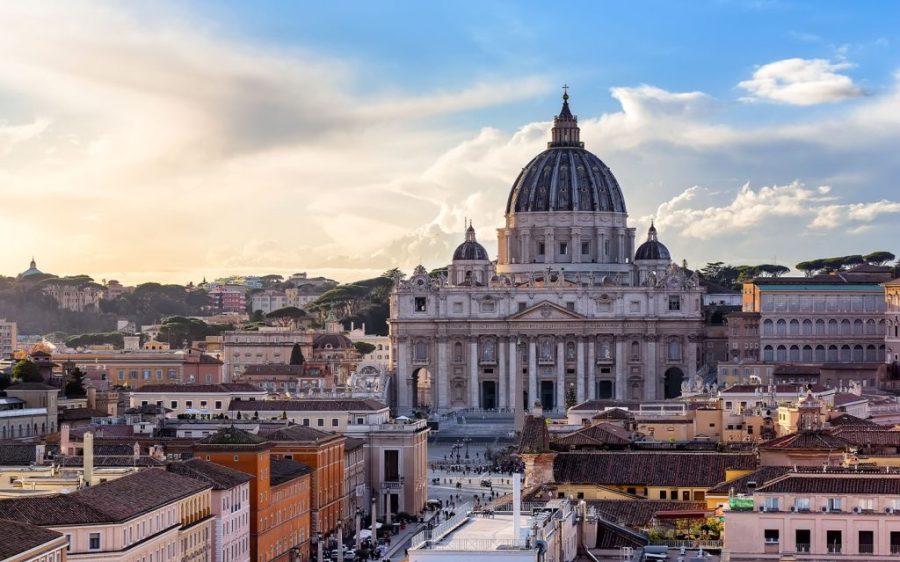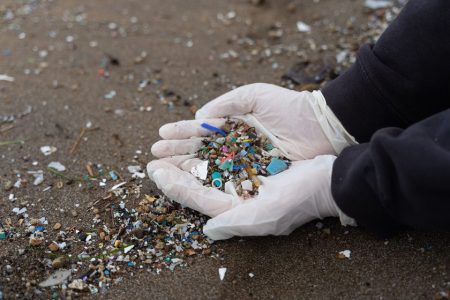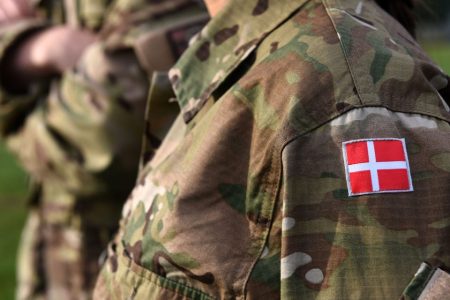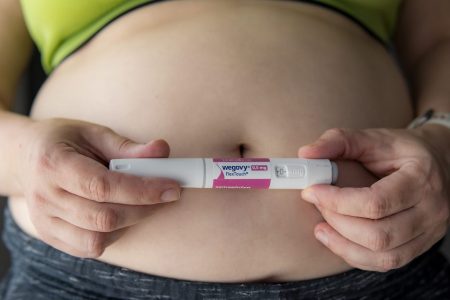As Catholic faithful gather in St Peter’s Square, and at churches around the globe, to mourn the passing of Pope Francis, many are wondering what happens next and who will be the successor, “the people’s pop,” reports the BBC.
When the papal funeral, pared down by Pope Francis in recent years to reflect his humble, more personal approach to the papacy, is completed and his body laid to rest, the process of choosing his successor begins.
The dean of the College of Cardinals, Cardinal Giovanni Battista Re, has 15 to 20 days to summon the cardinals to Rome. A total of 135 cardinals are eligible to elect the next pope, 108 of whom were appointed by Francis, increasing the likelihood that the next pope will share his more progressive views and staunch commitment to compassion, peace and human dignity.
Most (53) are from Europe, the home of every pope for more than 1,200 years before Francis, followed by Asia (23), Latin America (21), Africa (18), North America (16) and Oceania (4). While the dominance of Europe is a persistent issue, growing numbers in the Global South – represented by Asia, Latin America, Africa and Oceania – reflect the new demographic centre of the Church. Pope Francis, born in Buenos Aires in 1936, was the first pope from the Americas and the Global South, spending much of his papacy focused on the plights of people from the region as they contended with poverty, conflict and climate change.
As the BBC notes, papal conclaves are notoriously difficult to predict as they occur in a shroud of secrecy – cardinals are forbidden from speaking with outsiders and the handful of necessary staff on the premises are sworn to secrecy.
[See more: Pope Francis dies aged 88 on Easter Monday]
News outlets like Reuters have named several likely candidates, including Cardinal Luis Antonio Gokim Tagle, 67, a Filipino known as the “Asian Francis” for his commitment to social justice who would become the first pontiff from Asia. Another is Cardinal Peter Kodwo Appiah Turkson, 76, a Ghanaian who holds the distinction of being the first cardinal from his country and would be the first pope from sub-Saharan Africa. He headed a Vatican body focused on social justice, human rights and world peace under Pope Benedict, where he also advised on climate change.
There is also Archbishop of Marseilles Jean-Marc Aveline, 66, who would be the youngest since John Paul II and the first French pope in seven centuries. He shares Francis’ warm, easy-going nature, as well as his more progressive positions on immigration and relations with the Muslim world.
The pope made his last public appearance on Sunday, blessing babies as he moved through a crowd of thousands gathered in St Peter’s Square after Easter Mass and speaking on the importance of peace and respect for the views of others. “There can be no peace without freedom of religion, freedom of thought, freedom of expression,” an aide read for the pontiff, recently released after being hospitalised for weeks due to double pneumonia and other health issues. It was a kindness and care for others that he personified throughout his 12-year tenure.
As crowds gather again in St Peter’s Square to recite the rosary, many through tears, the immediate focus is on mourning a man who meant so much to millions around the world.
“Pope Francis was not just a leader, but a moral compass and shepherd who guided us through uncertain times,” Karen Cheah, a Singaporean Catholic, told the BBC. Mourners will be invited to pay their respects at St Peter’s Basilica, where his body will reside in a simple wooden zinc-lined coffin with the lid removed. His funeral is expected to be held in 4 to 6 days’ time.
